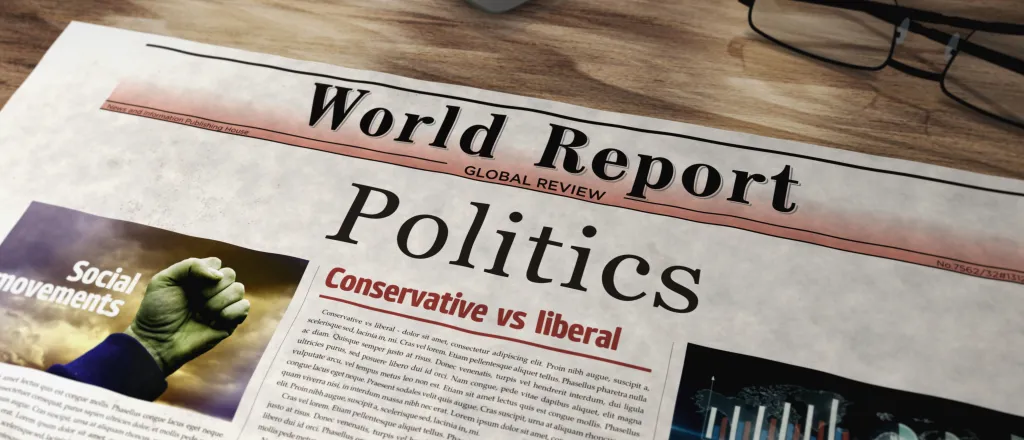
Politics: 2025Talks - April 7, 2025
© Arkadiusz Warguła - iStock-1890683226
Politics and views in the United States.
White House economic plans dominate the headlines, but actions on elections and voting rules are sparking debate. Local groups voice concerns about the future of immigration, health care and nutrition.
TRANSCRIPT
Welcome to 2025 Talks, where we're following our democracy in historic times.
I'm very concerned with the folks who stayed home.
Donald Trump has identified their angst.
They can't buy a house.
They can't afford to get a good education.
Their economic future is so precarious it could slip out from under them.
It should have been a slam dunk for us to say, "We're the party that cares about that."
Minnesota Governor Tim Walz says many Americans aren't yet convinced Democrats would better serve their economic needs, even knowing what President Donald Trump's plans are.
Commenting on their loss in November, Vice President Kamala Harris specifically told a meeting in California, "I'm not going to say I told you so," in spite of negative reactions to Trump's sweeping tariffs.
Even after last week's sharp declines, stock futures again fell over the weekend.
The League of Women Voters of Arizona is joining those suing over a new Trump executive order.
One law is set by the states, but the order bypasses them and Congress to require in-person federal proof of citizenship, not just a driver's license to vote.
Penny Sheeran with the League says only about half of Americans have a passport, and requiring one puts democracy at risk, especially for states with large immigrant populations or rural areas where getting documents is hard.
Even the state serving as a buttress against, you know, the breaking of democracy is greatly under threat in Arizona specifically.
The White House defends the order as a common-sense move to strengthen election security.
Last month, the administration halted legal aid funding for the 25,000 unaccompanied migrant minors.
Catherine Miller Wilson with the Hebrew Immigrant Aid Society in Pennsylvania says many of the 600 migrant children there were fleeing violence or persecution.
Now she says all legal aid can do is advise them about their rights.
They can't help them navigate the immigration courts.
No more representation of any kind could be done or at least wouldn't be paid for by the federal government.
Mass protests across the country over the weekend drew millions of demonstrators, many opposed to cutting health care and food assistance.
A budget outline moving in Congress would likely cut Medicaid and CHIP by $800 billion over 10 years.
Medicaid covers half of all births nationally, and the two programs together cover nearly two-thirds of rural children in states like New Mexico.
But advocates are criticizing USDA reductions in key hunger programs, like the billion-dollar slash from a program that helps schools and food banks buy locally sourced nutrition.
About one in six Oregon children face food insecurity.
Fisherman Patrick Raleigh says he had been planning to sell some of the 90 truckloads the schools and food banks had planned to buy before the funding was frozen.
And then the ultimate value is when the students get the chance to eat the finest quality products the planet has to offer.
The USDA says the programs no longer accomplish the goals of the agency.
I'm Farah Siddiqui for Pacifica Network and Public News Service.
Find our trust indicators at publicnewsservice.org.
















